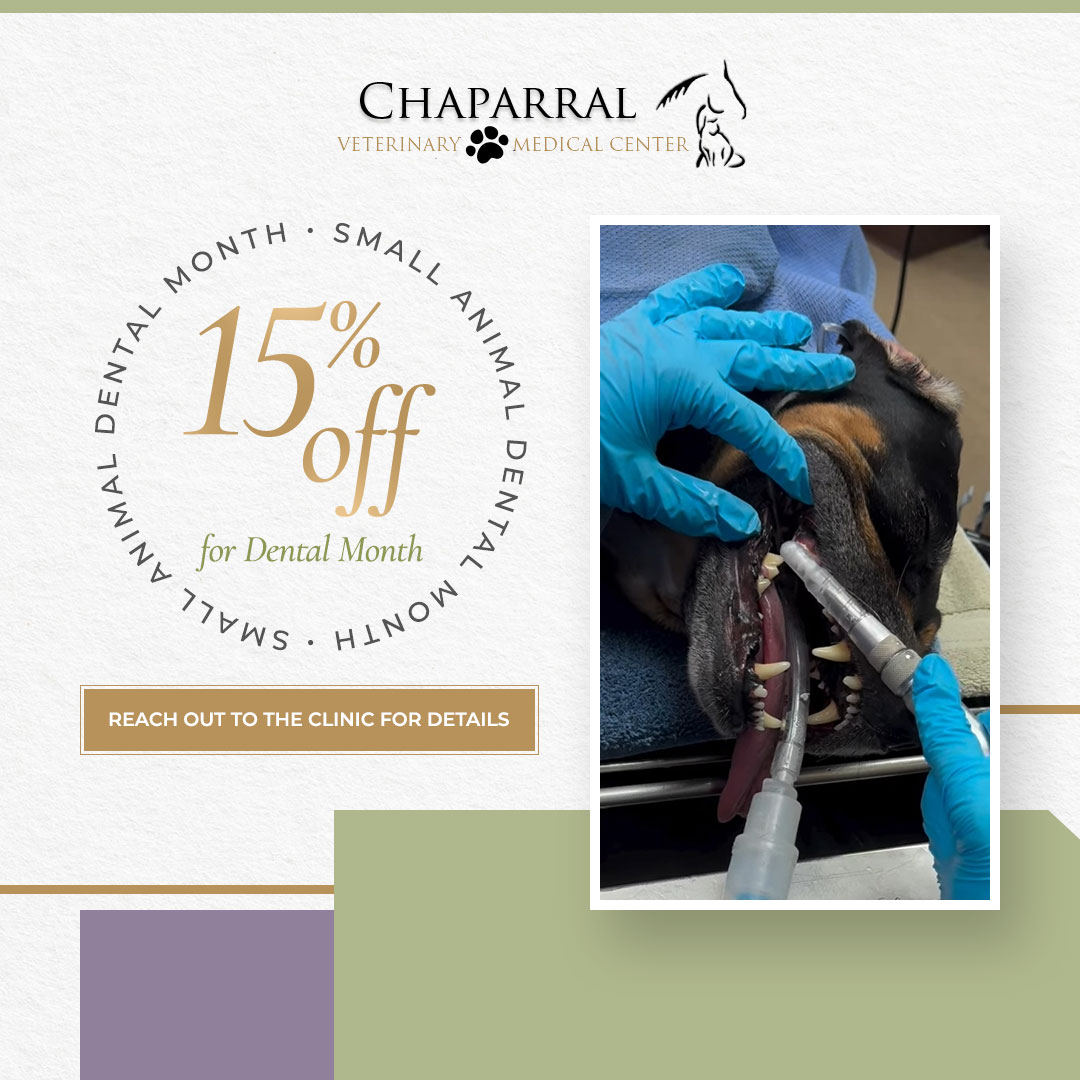Cave Creek, AZ 85331
What makes a good racehorse?

Making the decision to become the owner of a racehorse isn’t something to be taken lightly. Neither is purchasing your equine. If you are investing money in a racehorse, you will want to be certain that you choose a healthy animal with the greatest chance at success. To help you do that, we have put together this helpful guide detailing what you need to know about what to look for in a racehorse.
Pedigree
One of the first things that you will want to consider when choosing a racehorse is its pedigree. Unsurprisingly, any offspring of a sire who has a proven reputation for producing very successful racehorses will be much more expensive than that of a sire without such a reputation. Equally, you should consider the Dam and how many of her offspring have been winners, or how many have suffered injuries. Many owners have to find a balance between choosing a great pedigree and their budget for their purchase.
Type of horse you want
Different horses have different strengths. Some are speedy and have great acceleration but lack staying power. Others have more stamina and may initially be slower but are more consistent for the duration of the race. You need to decide which type of horse you are looking for before you make your final decision.
Bone structure
One of the most important elements of a healthy, successful racehorse is having what is known as ‘plenty of bone’. This means that the amount of bone the animal has is in proportion to their size. The structure of this bone is incredibly important. Leg bones should extend straight down from the chest for the greatest strength and stability, whilst there should also be adequate space between the top of the horse’s front legs and chest. The knee position should be slightly over the hoof, and you should carefully check for any unusual bumps, inflammation or heat. You should also check the bone structure of your horse’s feet. This is because if the structure is abnormal, it can place excess pressure on the joints, putting them at risk of damage.
Muscle tone
The muscles are a crucial part of any successful racehorse. This is because they deliver the power needed to propel your equine forwards. You should assess the overall appearance of your horse’s muscle tone, particularly in his hindquarters and legs.
Movement
For obvious reasons, the way that a horse moves is a great indicator of whether it is likely to be a good choice for racing. Ideally, your racehorse should move fluidly and easily at all paces, although it is common for all equines to move better at some than others. Make sure you have the opportunity to see your prospective horse walk and trot, and ideally in full canter and gallop too. See how well it tracks up (which is where the back hoof comes over the mark left by the front hoof) and listen to its wind to see how hard it is working.
Behavior
How your horse behaves will play a huge role in whether or not they will be successful. Calmer horses tend to display a greater degree of focus, concentration, and determination. They are also able to direct all of their energies into the race. Meanwhile, excitable and skittish horses tend to expend all of their energy before the race and can be unpredictable, making success much less likely.
These represent just some of the things that you should pay attention to when it comes to buying a racehorse. If you would like more information or advice, please contact our expert equine veterinarians today.













